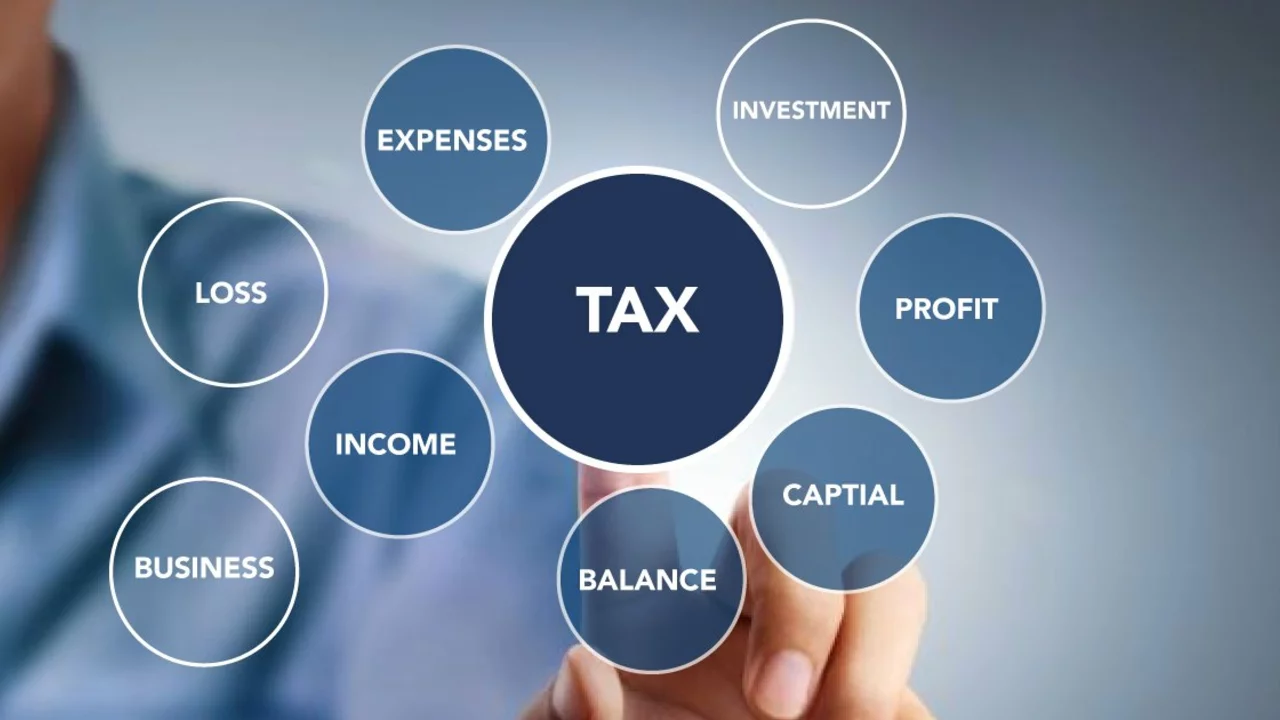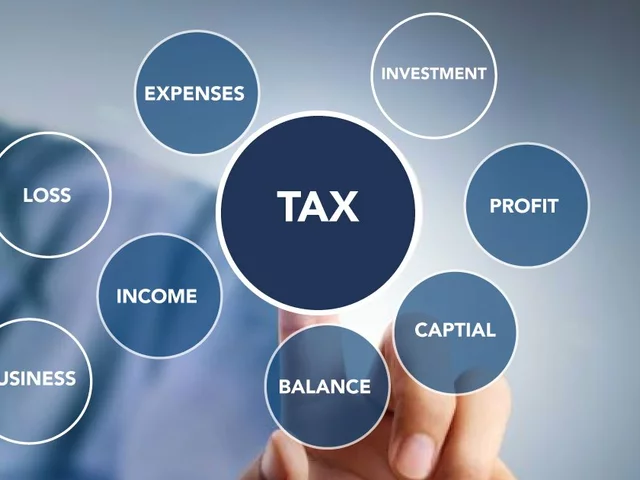Are business taxes on income/revenue or profit?
Understanding the Basics of Business Taxes
When it comes to business taxes, it's crucial to understand the basics. Taxes are compulsory payments made to the government by businesses and individuals, and they are the primary source of government revenue. Business taxes vary based on the type of business, its location, and its income. It's essential to be aware of the tax obligations of a business to avoid penalties and unnecessary costs. For businesses, taxes can be levied on income, revenue, or profit. The specific type of tax depends on the tax laws of the country where the business operates.
Defining Income, Revenue, and Profit
Before we delve into how business taxes work, we need to define three key terms - income, revenue, and profit. Income refers to the money that a business generates from its activities. It includes sales, service fees, and investment earnings. Revenue, on the other hand, is the total income generated by a business before any expenses are deducted. Profit is what remains after all business expenses have been subtracted from the revenue. These terms are crucial in understanding the business tax structure.
Income Tax for Businesses
Income tax is one of the most common types of business tax. It's usually imposed on the net income of a business. Net income is calculated by subtracting business expenses from the total income. This tax is generally progressive, meaning the tax rate increases as the income level rises. There are different income tax structures for different types of businesses. For instance, corporations are subject to corporate income tax, while sole proprietorships and partnerships pay income tax based on the owner's personal tax rate.
Revenue-based Taxes
Some business taxes are based on the revenue of a business. These taxes, known as gross receipts taxes, are levied on the total revenue of a business without considering the expenses. They are usually imposed at a flat rate, irrespective of the profitability of the business. This means that even loss-making businesses are required to pay this tax. While revenue-based taxes are simpler to calculate and administer, they can be burdensome to businesses, especially those with slim profit margins.
Profit-based Taxes
Profit-based taxes are another type of business tax. They are levied on the profits earned by a business. The tax is calculated after deducting all allowable business expenses from the total revenue. Profit-based taxes are progressive, similar to income taxes. The advantage of profit-based taxes is that they take into account the ability of a business to pay. Businesses that make more profits pay more taxes, while those that make less pay less. However, calculating profit-based taxes can be complex due to the need to determine allowable expenses.
Choosing the Right Tax Structure for Your Business
Choosing the right tax structure for your business is crucial. It can affect your tax liability and the amount of paperwork you need to deal with. The best tax structure depends on the specific circumstances of your business. For instance, small businesses with low profit margins may benefit from a profit-based tax structure, while larger businesses with high revenues may find a revenue-based tax structure more advantageous. It's advisable to consult with a tax professional to determine the best tax structure for your business.
Conclusion: Understanding Business Taxes is Essential
In conclusion, understanding business taxes is essential for every business owner. Whether taxes are levied on income, revenue, or profit depends on the tax laws of the country where the business operates. Knowledge of these laws can help businesses plan their financial strategies and avoid unnecessary costs. Remember, it's always advisable to consult with a tax professional to ensure you are meeting your tax obligations correctly.







